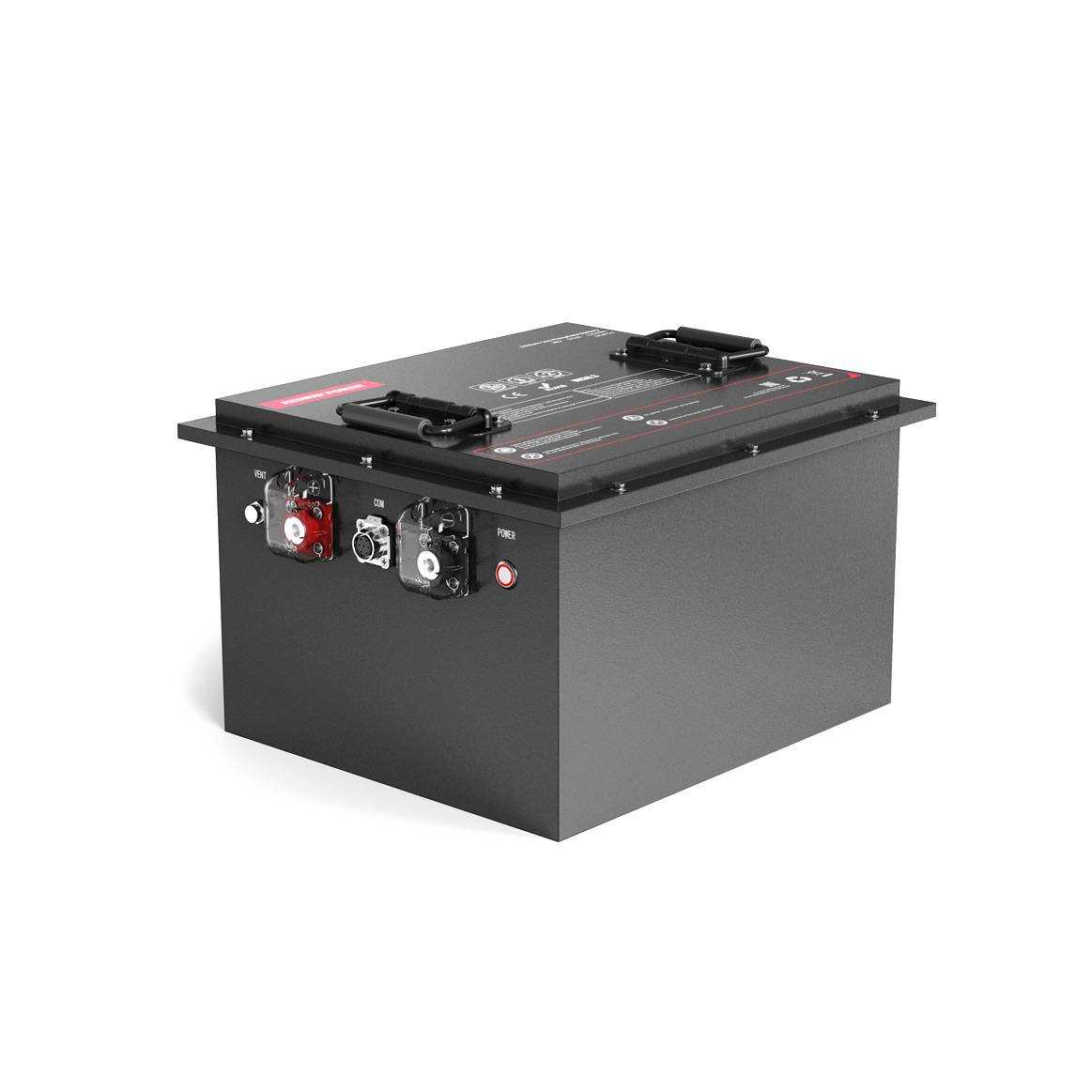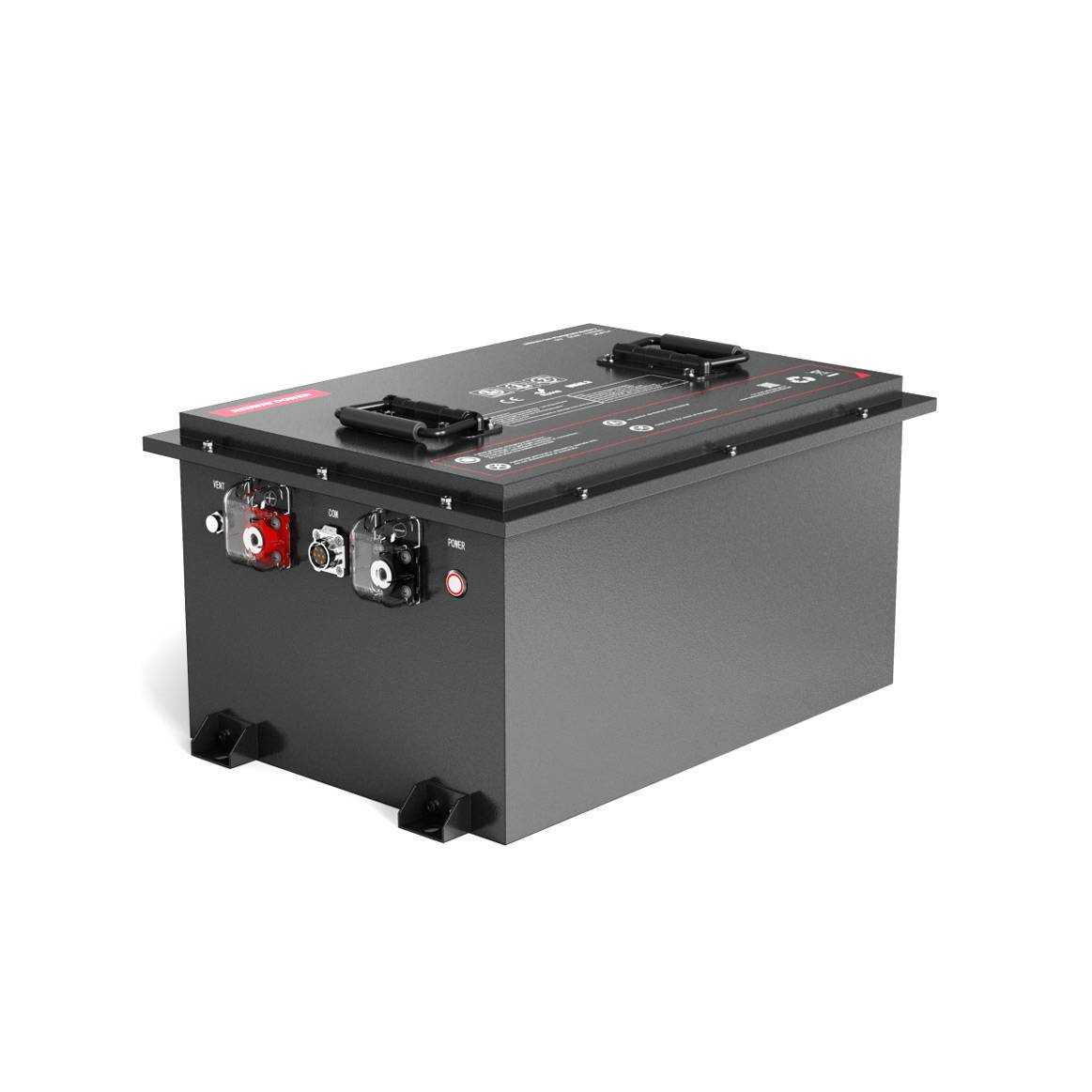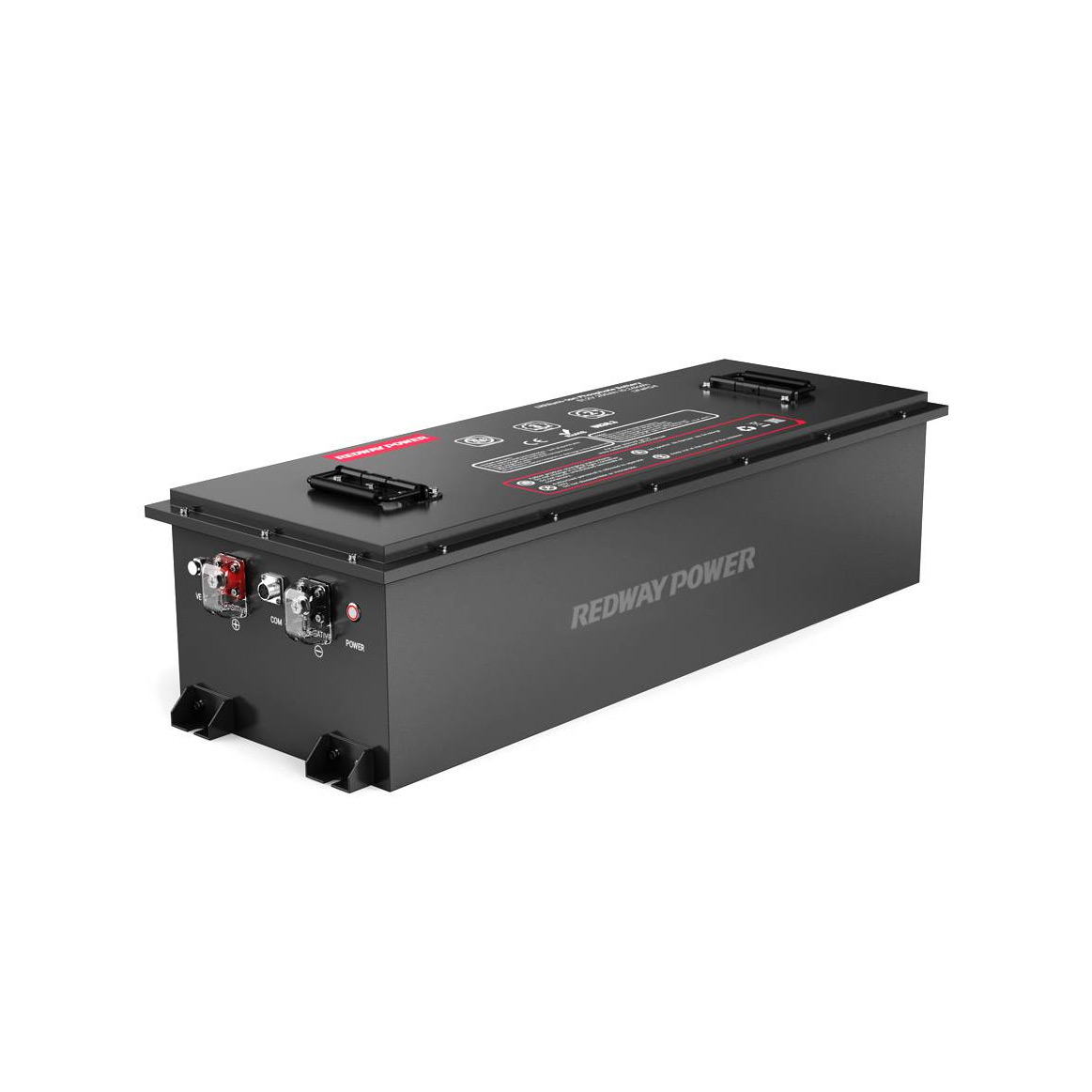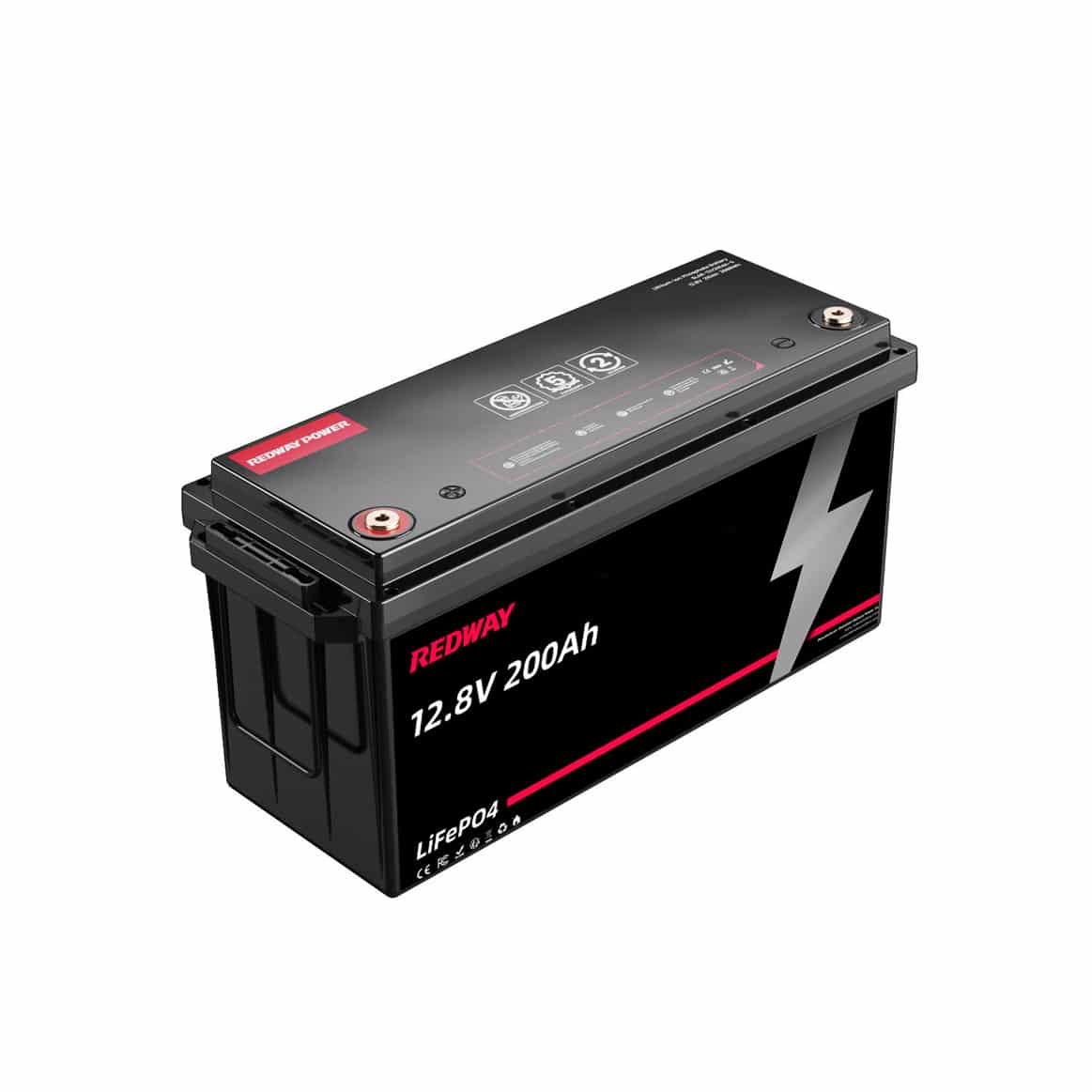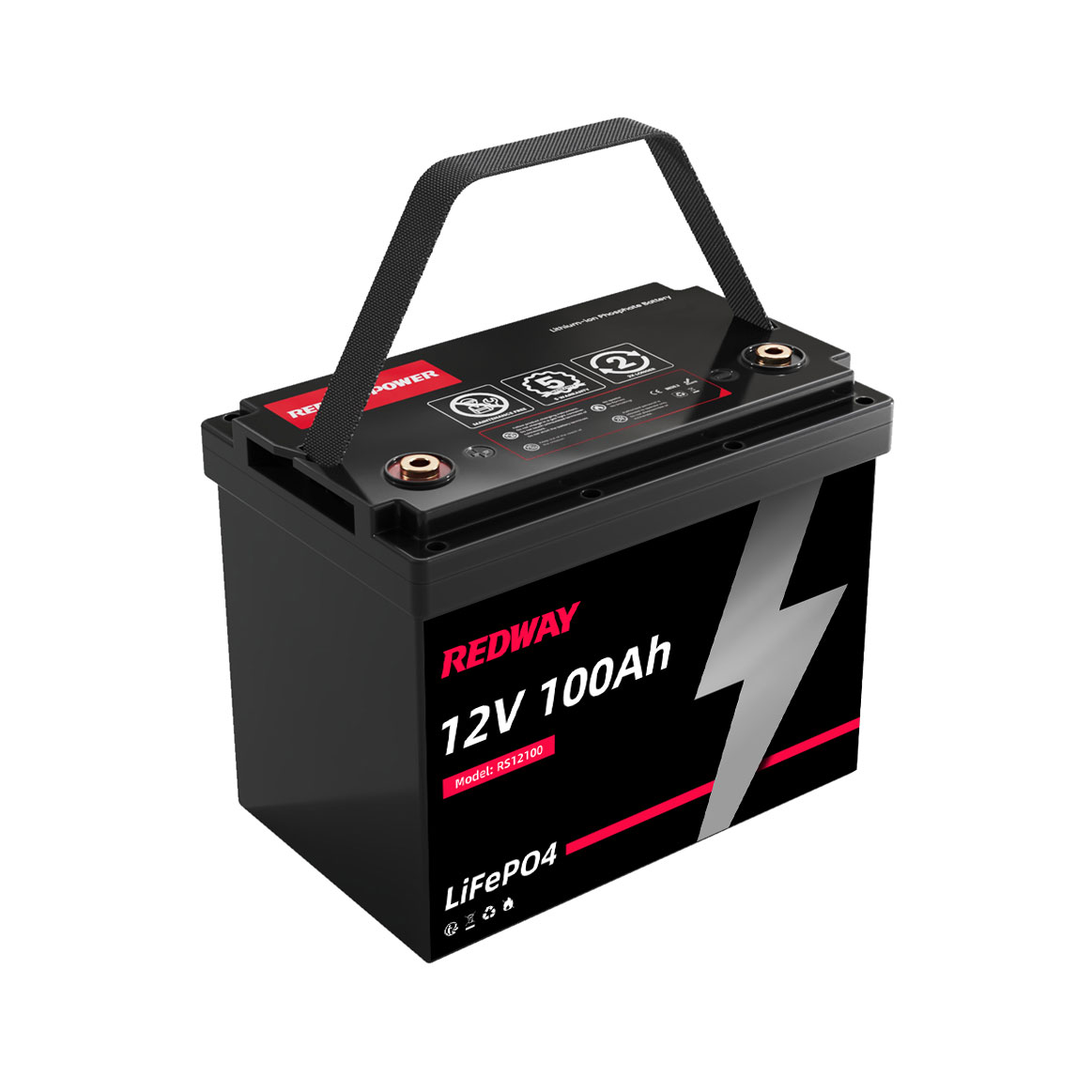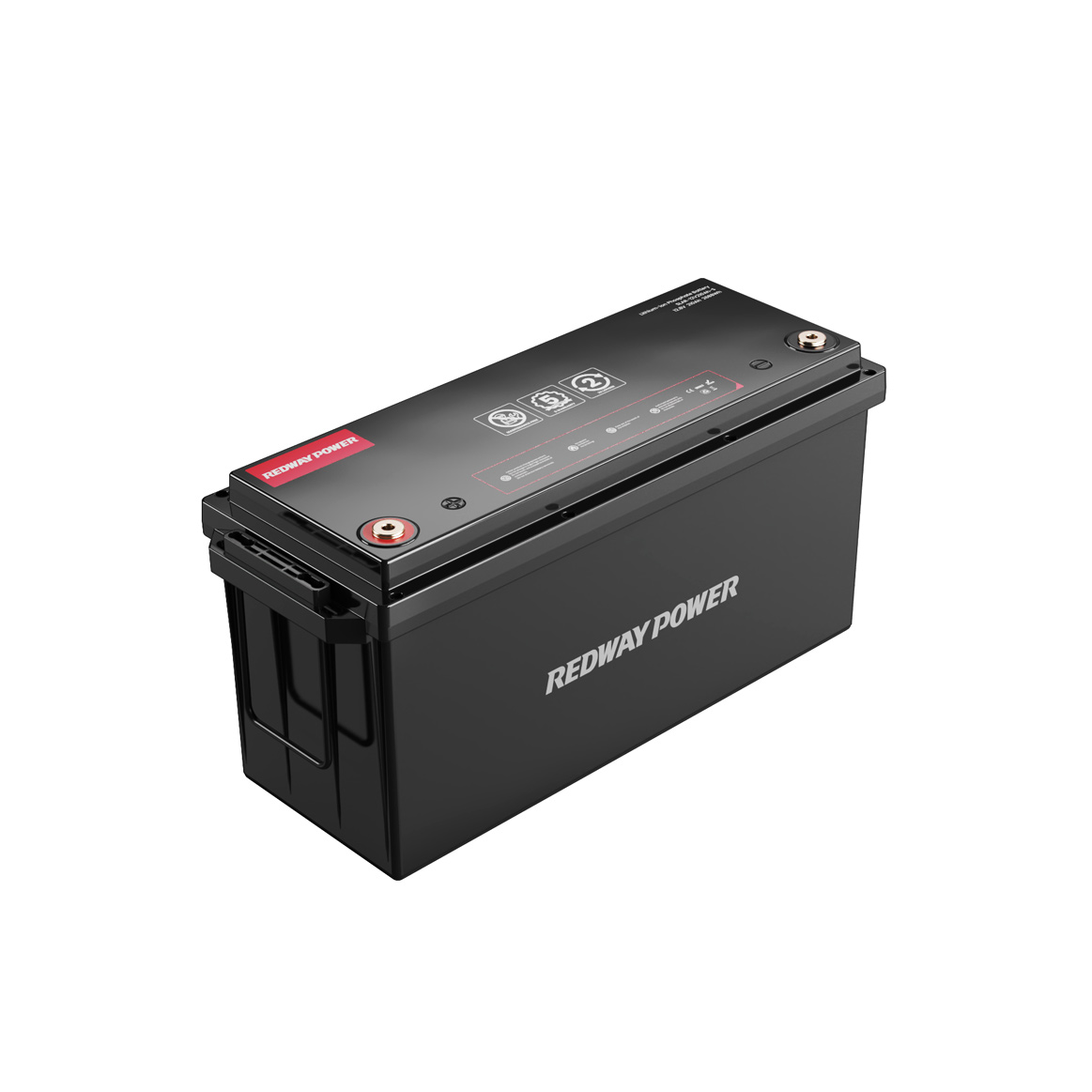Product Cateogries
Battery Cell LiFePO4 Batteries Manufacturer Factory Supplier
Redway Battery takes pride in being a premier Battery Cell LiFePO4 Batteries Manufacturer, Factory, and Supplier. With a relentless commitment to excellence, we specialize in crafting high-quality lithium iron phosphate (LiFePO4) battery cells. Our cutting-edge manufacturing facility adheres to stringent quality standards, ensuring that each battery cell meets the highest performance and safety criteria. As a reliable supplier, we cater to diverse needs, providing innovative solutions for various applications, including electric vehicles, renewable energy storage, and more. Choose Redway Battery for top-notch Battery Cell LiFePO4 Batteries, where quality, durability, and performance converge seamlessly.
🔥 Big Deals 🔥
Factory Wholesale
from China OEM Manufacturer!
Discover the exceptional performance of Redway Battery’s 12/24/36/48/60/72/96V LiFePO4 Batteries! Up to 6000 times deep cycles (DOD 80%). Perfectly suited for various applications, such as Energy storage, RVs, Solar systems, Marine vessels, Yachts, and Emergency power supply needs, our Lithium LiFePO4 Batteries are the reliable choice for all your energy storage requirements. Reach out for a Quick FREE Quote! 👉👉👉
🔥Buy 10 lithium-ion batteries at wholesale prices for the price of 1 or 2 retail batteries.🔥
🔥We proudly do OEM contract manufacturing for many big brands.🔥
What are the primary advantages of using LiFePO4 battery cells in various applications?
LiFePO4 battery cells offer high thermal stability, long cycle life (2000-7000 cycles), and excellent safety due to their stable chemistry, which minimizes risks of overheating and combustion. Their low self-discharge rates make them ideal for applications like electric vehicles, renewable energy systems, and backup power solutions.
How do manufacturing processes differ among LiFePO4 battery cell suppliers?
Manufacturing processes can vary significantly, affecting quality control, materials sourcing, and production techniques. Some suppliers may use automated assembly lines for consistency, while others rely on handcrafted methods. The choice of raw materials and adherence to safety standards also impact performance and reliability.
What safety standards should LiFePO4 battery manufacturers adhere to?
LiFePO4 battery manufacturers should comply with safety standards such as UL 2054, IEC 62133, and UN38.3 for transportation safety. Compliance ensures batteries meet rigorous performance, environmental impact, and safe handling requirements during shipping.
In what applications are LiFePO4 batteries most commonly used?
LiFePO4 batteries are commonly found in electric vehicles, solar energy storage systems, backup power supplies, marine applications, and uninterruptible power supplies (UPS). Their high energy density and long cycle life make them suitable for both consumer electronics and industrial applications.
What factors influence the performance and lifespan of LiFePO4 battery cells?
Performance and lifespan are influenced by temperature, depth of discharge, charging practices, and cycle frequency. Maintaining optimal conditions, using appropriate chargers, and avoiding deep discharges can significantly enhance battery longevity.
How do different types of LiFePO4 battery cells (cylindrical, prismatic, pouch) compare in terms of performance and application?
Cylindrical cells are durable and have high energy density but can be heavier. Prismatic cells offer compact designs for space-limited applications, while pouch cells are lightweight and flexible but may require extra protection against damage. Each type has unique advantages based on specific application needs.
What is the typical cycle life of LiFePO4 batteries compared to other lithium-ion chemistries?
LiFePO4 batteries typically last 2000 to 7000 cycles, significantly longer than lithium cobalt oxide (LiCoO2), which usually lasts 500-1500 cycles. This longevity makes LiFePO4 a cost-effective choice for frequent charge-discharge applications.
How can I assess the quality of LiFePO4 batteries from different manufacturers?
Assess quality by checking for certifications (e.g., UL, CE), reviewing customer feedback, and requesting product samples. Consider the manufacturer’s reputation and their track record regarding warranty claims and customer support.
What are the environmental impacts of manufacturing and disposing of LiFePO4 batteries?
Manufacturing LiFePO4 batteries has a lower environmental impact compared to other lithium-ion chemistries due to the absence of toxic metals like cobalt. However, lithium and iron extraction can have ecological consequences. Proper disposal or recycling is essential, as many components can be recovered through established processes.
What innovations are currently shaping the future of LiFePO4 battery technology?
Innovations include advancements in battery management systems (BMS) for enhanced safety and monitoring, improved manufacturing processes that lower costs while maintaining quality, and research into new materials to boost energy density and efficiency. Integration with renewable energy sources is also becoming more prevalent as demand for sustainable solutions grows.

